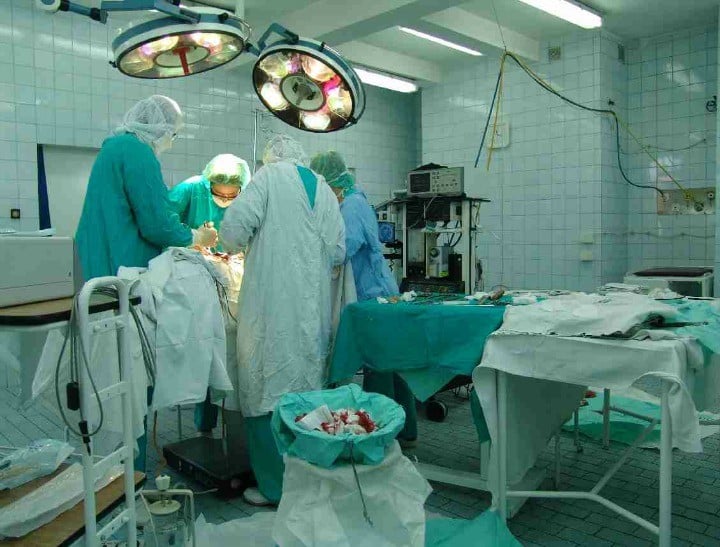
Surely nothing could be as terrifying as being awake during your surgery.
Megan Smith was undergoing a rare liver surgery when she awoke on the operating table.
She lay awake and pleaded with the nurse to make it stop.
“One of the nurses said to me, ‘we’ve only got two more pieces to cut off’, so they continued. It was so excruciating – it’s like being laid on a table and being tortured while you’re awake,” she told The Project.
“It was so excruciating – it’s like being laid on a table and being tortured while you’re awake.”
As she attempted to get off the table, the surgeon slipped and cut a nerve. She now takes daily pain medication, and probably will for the rest of her life.
Through tears she told Channel Ten’s The Project: “I’d rather die or bleed out than have that pain again.”





























































































